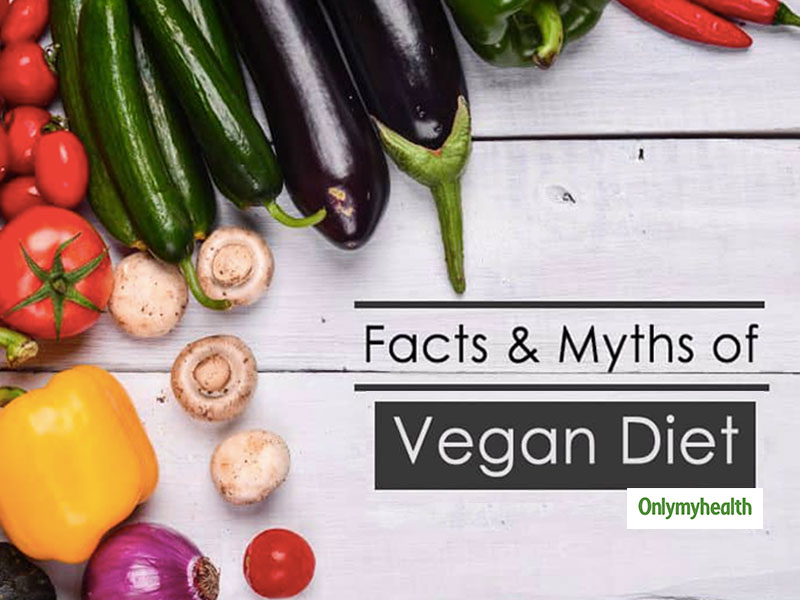
“Humanity has but three great enemies: fever, famine and war; of these by far the greatest, by far the most terrible, is fever”- Sir William Osler
It is World Vegan day 2020 and for the first and hopefully last time of the kind which is amidst the covid19 pandemic. If we look at the origin for covid19 virus or any virus of pandemic or epidemic origin, it originates from an animal source.
Table of Content:-
“Where chicken soup used to cure the flu, now it gives you the flu” - Jay Leno. I am not arguing if vegan should be the most preferred diet in this article today but modern science on and on and have claimed benefits of plant-based diet over non plant-based diets. Alzheimer's, heart attack, cancer, depression, diabetes, inflammation and many more health conditions specially Diabesity is a result of excess consumption of animal-based food and products. Wiseman will argue, that this wasn’t the case in ancient world but why now? The answer to this is most animals in the ancient times were in the wild or raised in the farms with very less antibiotics, there were no gestational crates, animals roamed free and milk produced were fresh and from grass fed cows. The quality of milk we get now is mostly A1 protein quality milk which may make people immunocompromised unlike A-2 milk quality milk which we get from our desi cows. Hence, at some point it can be argued that vegan is a good choice of lifestyle as long as it is well balanced.
Proteins

Some differences make some people believe that “vegans” and “athletes” are poles apart. But this is certainly a myth. Proteins are absolutely essential nutrients and are critical to building and repairing muscle tissue and to maintain many functions in the body but Proteins consists of twenty amino acids, eleven of which can be synthesized naturally by our bodies. The remaining are essential amino acids which must be ingested from foods we eat. So, our bodies require certain amino acids, not protein per se. These amino acids can be found in legumes, pulses, nuts and seeds. One doesn’t have to rely on animal and animal products for this. Approx. 1 measured cup beans or legumes provides 14gm-15 gm Protein. And there are many other various to turn vegan. Some protein rich foods for vegans are daal- all varieties, soy, pulses- rajma, chickpeas, almonds, cashews, pumpkin seeds, sunflower seeds, chia seeds, mung beans, black beans, quinoa, peanut butter, broccoli, oatmeal and so on..
Iron, Vitamin B12 and Anemia

Dietary iron is present in heme and non-heme forms, where heme variety is found in meat and dairy products but non heme iron is found in animal sources of food like spinach, lentils, beans, pulses, dark green leafy vegetables etc. Studies show that incidence of anemia among vegetarians and vegans are no higher than that among the general population. Key to absorb iron is consume iron rich foods with vitamin C like coriander, mint or oranges or lemon or any citrus fruits. Do not consume iron rich foods with coffee, tea- tannins present in these foods will reduce the absorption of iron.
Also read: A Vegan Diet or Plant-Based Diet. What’s the difference?
Vitamin B 12 is another vitamin that helps to generate red blood cells. So, deficiency of B12 can cause anemia, but cashews, nutritional yeast, b12 fortified cereals and vegan milk, mushrooms, nori, seaweeds, Japanese fermented black tea, soyabean, tempeh to name a few are rich sources of vitamin b12 in vegans.
Omega 3
Who says you need to eat fish only to meet the requirements for omega 3? When we remove animal fat from our diet, we remove trans-fat and unhealthy fats from our diet, hence the ratio for omega 6 to omega 3 is low, which is 5:1 or 1:1. A rise in Omega 6 in the body causes inflammation and results in heart issues, arthritis and many more health conditions. Hence a vegan's diet is balanced in omega 6: omega 1 and rich sources of omega 3 are walnuts, chia seeds, pumpkin seeds, sesame seeds, hemp oil or hemp seeds, extra virgin olive oil, wheat germs, flaxseed, dark green leafy vegetables, spirulina and algae to name a few.
Some healthy fats for vegans include almonds, almond milk, coconut oil, coconut, hemp oil and walnuts. Unfortunately, if you are following a vegan diet, ghee has to be excluded. Probably, this is the reason I am still a vegetarian as Ghee is a liquid gold to me.

Some other important nutrients to consider on a vegan diet are Zinc and Calcium. A well-balanced diet of nuts and seeds, chickpeas and dips like hummus, tofu, quinoa are rich sources of zinc. Sesame seeds, almonds, green leafy vegetables are also rich sources of calcium.
Vitamin D
To absorb Vitamin D, expose 20 minutes out in the sun every morning and evening. Also, consider some vitamin D supplement if you are unable to meet your requirements.
Also read: World Vegan Day 2019: Know The Benefits And Risks Associated With Raw Vegan Diet
Gut Health
To improve your gut health, get some probiotics like kombucha, fermented rice water, coconut yoghurt or coconut kefir, kimchi, dhokla, sauerkraut, kimchi, miso, sourdough bread etc.
Choosing vegan, vegetarian or non-vegetarian regime is a personal choice, but evidence have suggested that vegan diet or a plant-based diet provides numerous health benefits as long as they are balanced and free of chemicals and pesticides.
Read more articles on Healthy Diet
Also watch this video
How we keep this article up to date:
We work with experts and keep a close eye on the latest in health and wellness. Whenever there is a new research or helpful information, we update our articles with accurate and useful advice.
Current Version